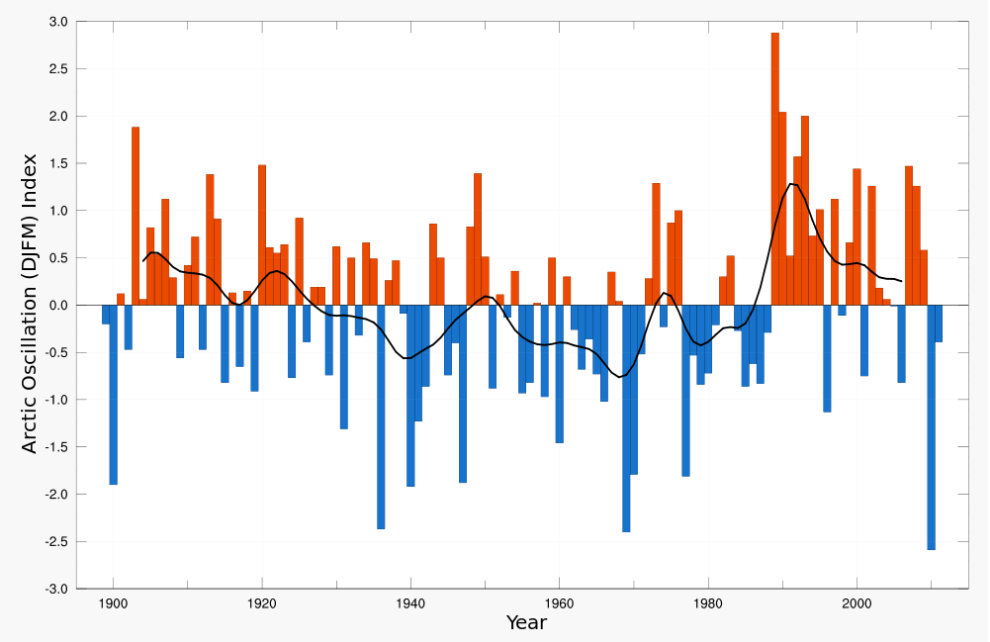jack97
New member
- Joined
- Mar 4, 2006
- Messages
- 2,513
- Points
- 0
Records indicated that winter has been shrinking in duration at both ends, but the core of winter is not warming. There is evidence to suggest that snowfall may even be increasing, though a lack of a consistent snowfall record complicates this conclusion.
Please cite the links or articles that shows this trend.


